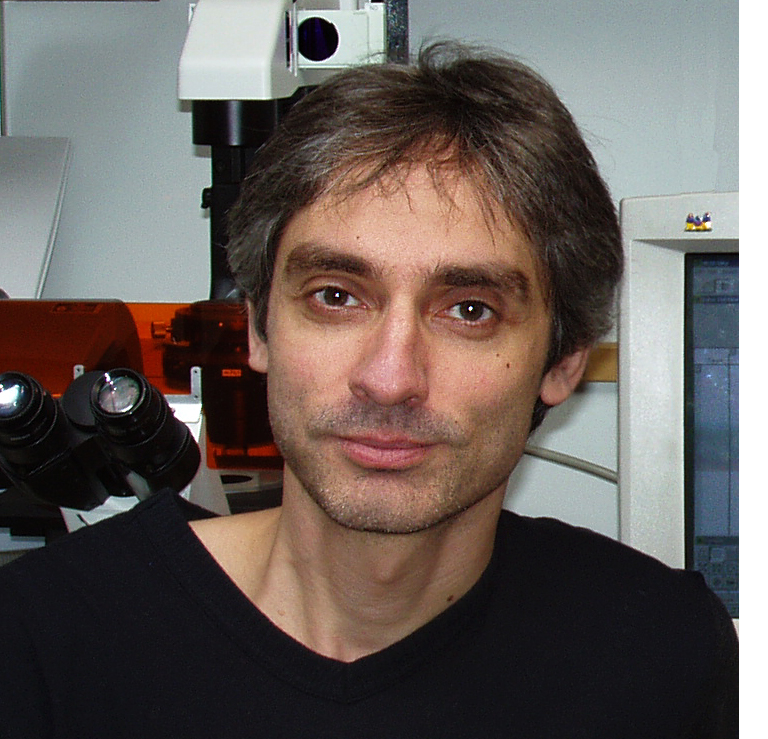Dr Christian Waeber receives HRB funding for preclinical stroke studies

A preclinical study aimed at establishing the potential of fingolimod as an acute stroke therapeutic agent was recently funded by the Health Research Board.
Stroke is the third most common cause of death and the most common cause of acquired physical disability in Ireland. The only available drug, recombinant tissue plasminogen activator (tPA), can only be used in a small minority of patients. Thus, the need for an effective and easily administered treatment remains paramount. Dr Waeber and others have found that fingolimod is effective in several rodent stroke models. Such findings and the fact that fingolimod is already licensed for another neurological indication (multiple sclerosis) suggest that fingolimod is one of the most compelling candidates ever characterized in stroke models. But hundreds of drugs effective in animals have failed to show efficacy in humans; this has greatly raised the bar to justify the considerable expenses and risks of a clinical trials. In his project, Dr Waeber therefore proposes to implement recommendations issued stroke experts to decrease the gap between preclinical and clinical studies. The idea behind these studies is to better simulate the features of human stroke. For instance, while stroke is usually modelled in rodents by blocking blood supply to the brain with artificial filaments, Dr Waeber’s group will mimic stroke with actual blood clots. They will also use older rodents, which have additional diseases often found in stroke patients (diabetes, high blood pressure, high cholesterol levels).
Because these diseases are usually managed with different drugs, this study will determine whether the presence of these drugs affects the efficacy of fingolimod, or increases the incidence of side-effects. If successful, Dr Waeber’s three-year project should rapidly lead to clinical trials with a vastly increased likelihood of success, since will be one of the first potential stroke drugs to have undergone such an extensive preclinical characterization.
